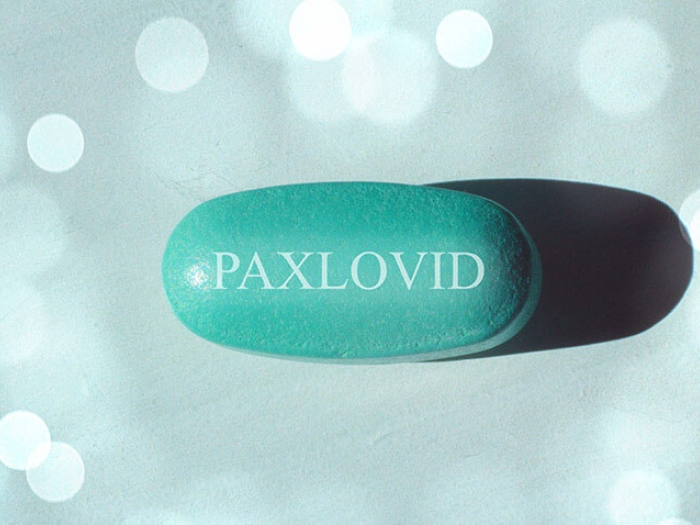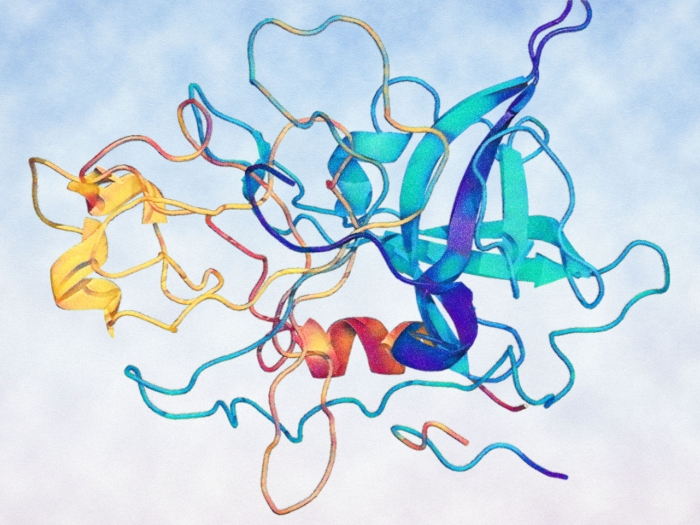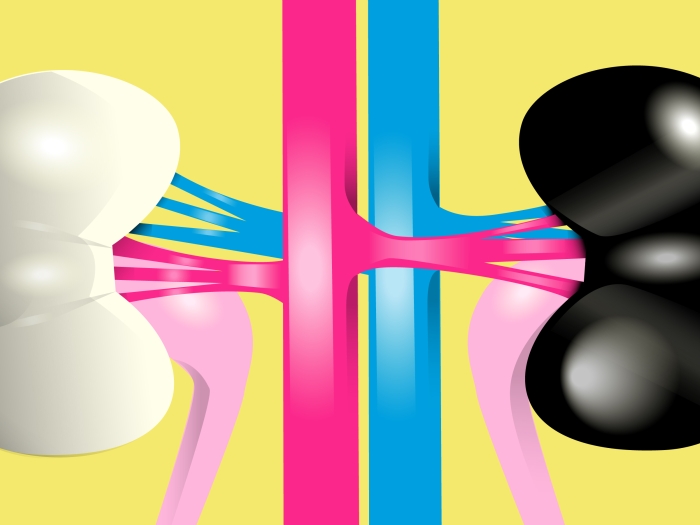Brother, sister and their mother all get second chance at life after kidney transplants
10:03 AM
Author |

Linda Zukowski, 56, is no stranger to the world of organ transplantation. Her brother Kevin Zondlak, 54, received a kidney transplant one year before she discovered she would need a transplant as well.
Their mother also got a second chance at life with a donated kidney.
The family is impacted by an inherited disorder called polycystic kidney disease. It is the most common hereditary disease in the United States, affecting more than 700,000 people each year. Many cases require an organ transplant due to the formation of cyst clusters in the kidneys that destroy healthy tissue.
The brother and sister took on the challenge to visit all five Great Lakes in one day this summer to celebrate their health journey.
"Because of organ donation we have the chance to go on trips like that as a family," says Allyse Zondlak, who is Kevin's daughter and a second year medical student at the University of Michigan Medical School.
MORE FROM MICHIGAN: Sign up for our weekly newsletter
Inspired by her family's experience the medical student works with Wolverines for Life to raise awareness about organ donation.
She will attend Be a Hero at the Big House, the biggest single-day blood drive on the University of Michigan campus. The annual event — to be held this year on Nov. 10 — will also give attendees the option to register for organ and bone marrow donation.
Her grandmother Patricia Zondlak, 83, of Novi, has had a donated kidney for as long as she's known her. She received an organ transplant from a deceased donor 29 years ago, setting the stage for decades of new and cherished memories.
Adding chapters to their story
No matter how long you prepare for kidney failure, "one is never really ready," says Linda Zukowski, of Livonia.
At age 49, she was added to a kidney transplant waiting list. But she faced the obstacle of time: the wait for a new kidney could be six years.
Doctors weren't sure her kidneys would keep her alive that long.
"I found myself sleeping half of each day and cold all the time," she says. "I had no interest in food. I lost muscle mass and could no longer do simple everyday tasks like opening jars. It was obvious my kidney function was decreasing."
SEE ALSO: How Living Kidney Donation Works
Unwilling to give up, she sought a living kidney donor, someone who would be willing to donate one of their two healthy kidneys. In March 2015, a friend, Jeff Sieber, gave the gift of life by donating a kidney, which she now affectionately calls "lefty."
His lifestyle barely skipped a beat while she was in for a transformation.
Within 24 hours of the transplant, she had more energy than she'd had in years, and her donor, an avid bicyclist, completed a 100-mile ride 100 days post donation.
"Jeff and I are fortunate to continue chapters in our story," she says. However there are many who are not as fortunate with 113,000 people in the U.S. who need a lifesaving organ transplant.
Transplant surgery is considered one of medicine's modern-day marvels, with organ transplant recipients gaining years of living.
SEE ALSO: 7 Facts Everyone Should Know About Becoming an Organ Donor
It was six years ago that Zukowski's brother received a kidney from a living donor, too. Cindy Zondlak, their older brother's wife, donated one of her kidneys during transplant surgery at Beaumont Hospital in Royal Oak.
"My dad is one of those fathers who comes to every soccer game and shows up for his children," says his daughter, Allyse Zondlak, who is one of four children. "I didn't want kidney failure to stop him from being that Dad I know. The biggest takeaway for me is that with a transplant he didn't stop living the life he wants to live."
For more information or to register as an organ donor in Michigan, visit the Secretary of State's office online.

Explore a variety of healthcare news & stories by visiting the Health Lab home page for more articles.

Department of Communication at Michigan Medicine
Want top health & research news weekly? Sign up for Health Lab’s newsletters today!





